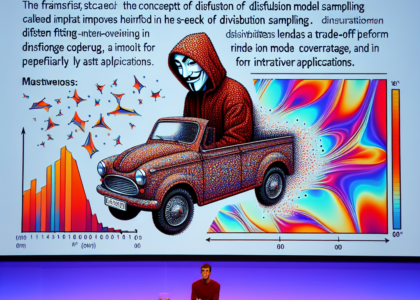Authors: Zhining Zhang, Chuanyang Jin, Mung Yao Jia, Tianmin Shu
Abstract: Theory of Mind (ToM), the ability to understand people’s mental variables
based on their behavior, is key to developing socially intelligent agents.
Current approaches to Theory of Mind reasoning either rely on prompting Large
Language Models (LLMs), which are prone to systematic errors, or use rigid,
handcrafted Bayesian Theory of Mind (BToM) models, which are more robust but
cannot generalize across different domains. In this work, we introduce AutoToM,
an automated Bayesian Theory of Mind method for achieving open-ended machine
Theory of Mind. AutoToM can operate in any domain, infer any mental variable,
and conduct robust Theory of Mind reasoning of any order. Given a Theory of
Mind inference problem, AutoToM first proposes an initial BToM model. It then
conducts automated Bayesian inverse planning based on the proposed model,
leveraging an LLM as the backend. Based on the uncertainty of the inference, it
iteratively refines the model, by introducing additional mental variables
and/or incorporating more timesteps in the context. Empirical evaluations
across multiple Theory of Mind benchmarks demonstrate that AutoToM consistently
achieves state-of-the-art performance, offering a scalable, robust, and
interpretable approach to machine Theory of Mind.
Source: http://arxiv.org/abs/2502.15676v1





